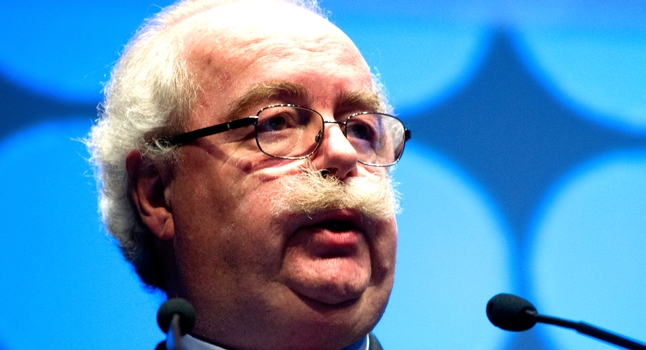By Ahmed Amer
The Automotive Marketing Information Council (AMIC) estimated that sales for the first eight months of 2015 were 185,900 cars, compared to 182,300 cars sold during the same period in the last year, marking a 2% increase.
Private car sales amounted to 129,900 units, in comparison to 127,100 in the same period in 2014, marking an increase of 2%. Further, an estimated 22,300 buses were sold, compared to 19,800 units sold in the period between January and August 2014, registering a 13% increase. Meanwhile, truck sales declined by 5%, with 33,600 trucks sold, compared to 35,200 sold in the same period in the last year.
According to AMIC’s report, Chevrolet led the market, with a total of 41,500 cars sold, followed by Hyundai in second place with 31,200 cars, while Toyota came in the third place with a total of 17,100 cars sold. Nissan came in fourth, selling 16,500 cars, recording a significant decline compared to its performance in 2014, in which the company sold 20,100 cars in the corresponding period. In fifth place came Suzuki, registering 10,400 cars sold.
Renault came in the sixth place, with 10,060 cars sold, and Kia came in seventh with 8,300 cars sold, while Mitsubishi’s sales reached 7,700 cars. In ninth place was Geely with sales of 5,600 cars, followed by Skoda, which came in tenth, having sold 4,800 cars.
Domestic car sales were estimated at 84,600 cars during the first eight months of 2015, compared to 93,500 cars in the same period in 2014, marking a 9.5% decline. In turn, imported car sales rose by 14.1%, registering 101,200 cars, compared to 88,700 cars during the corresponding period in 2014.
Raafat Masrouga, honorary chairman of AMIC, said companies’ data sent to AMIC in 2015 was largely exaggerated, particularly the first half of the year. He added that some of the agents exaggerated their sales figures in an attempt to improve their position in the market.
He pointed out that some companies have large stocks due to the decline of demand on cars, contrary to their sales report submitted to AMIC.
Masrouga expected that the fourth quarter of 2015 will witness larger declines when the companies correct their final reports to match their actual sales figures presented to the parent companies, which participate in reviewing their agents’ final sales reports.
He noted that some agents have cancelled import requests from international companies in the last four months, due to the dollar crisis and the difficulty in opening letters of credit, in addition to the high inventory.
He added that the inflated pricing policy from agents is becoming illogical compared to the real price of the car, whereby they price cars and disregard the consumers’ interests.
He expected the automotive market to drop by 5% to 8% by the end of this year.
Sales of imported passenger cars have grown by 19.8%, whereby some 82,300 cars were sold during the first eight month of this year, compared to 68,700 cars sold during the same period last year. In contrast, sales of locally-manufactured passenger cars dropped by 18.5%, selling 47,600 cars, compared to 58,400 cars last year.
As for locally-manufactured buses, sales have increased, whereby 10,100 buses were sold within the first eight months of this year, compared to 8,500 buses in the corresponding period last year. The increase registered a growth rate of 19%. Imported bus sales also increased by 7.8%, whereby this year some 12,200 units were sold, versus 11,300 last year.
Local trucks registered 26,900 trucks sold this year, recording an increase of only 1.2% compared to last year, in which 26,500 trucks were sold. Imported truck sales, on the other hand, dropped by 22.9%, wherein this year 6,700 trucks were sold, compared to 8,700 trucks sold last year.
Amr Nassar, a board member at AMIC, said the 5% drop in truck sales is reasonable, noting that last year was an exceptional year for truck sales due to the high demand as a result of digging the New Suez Canal.




